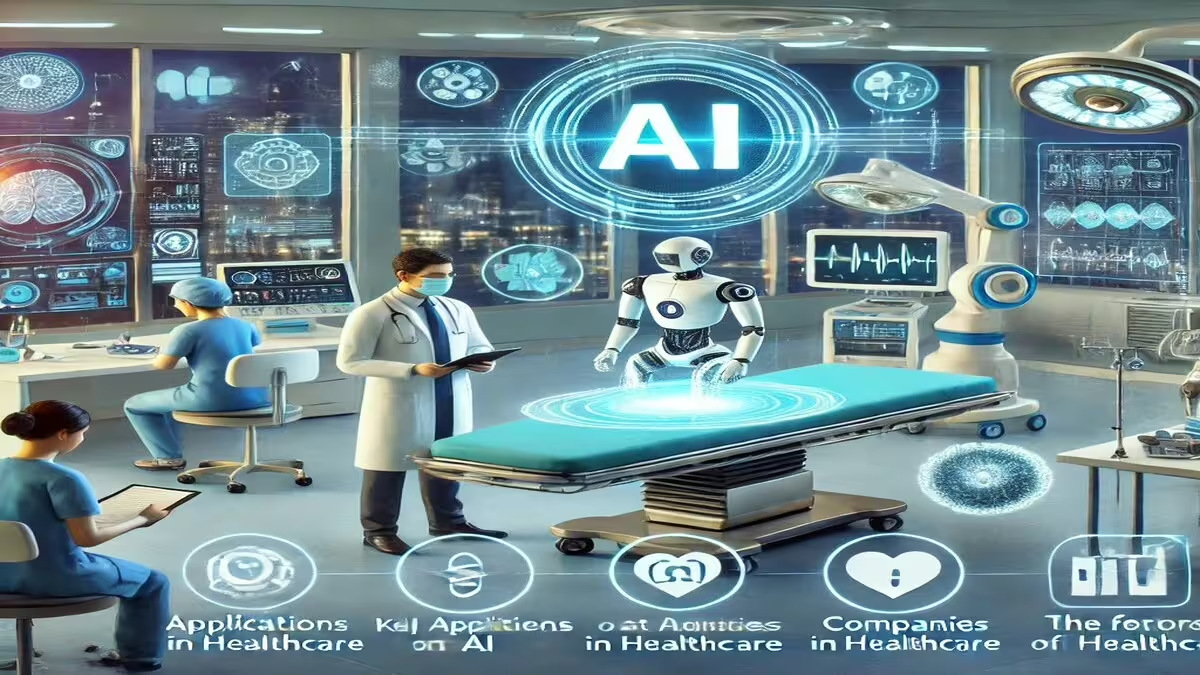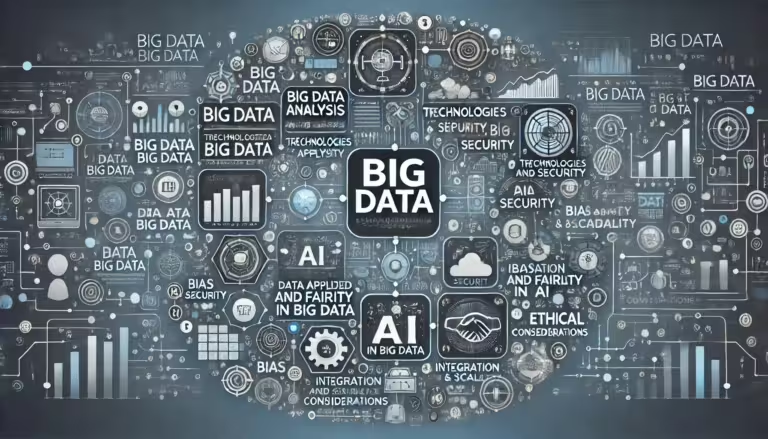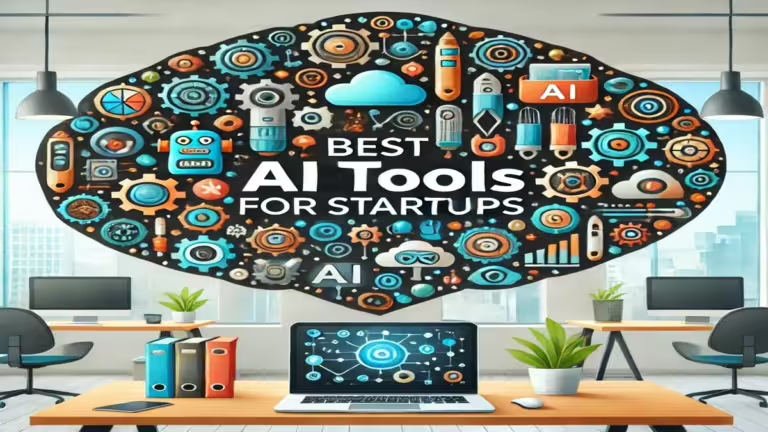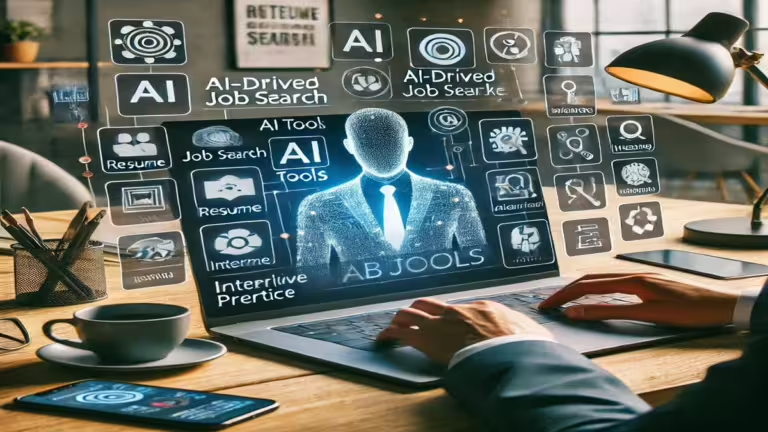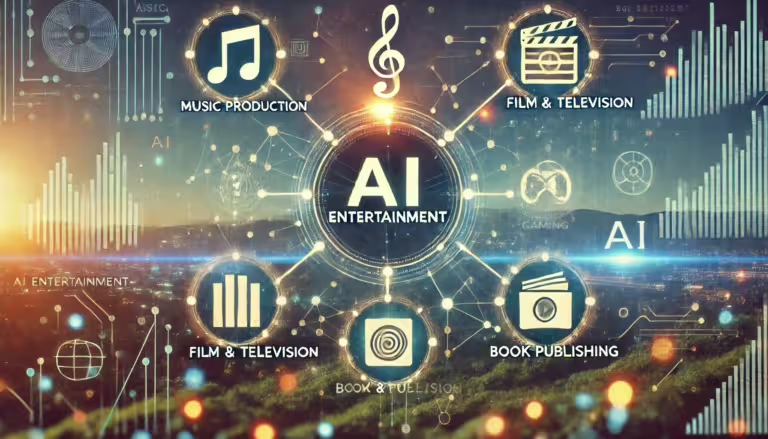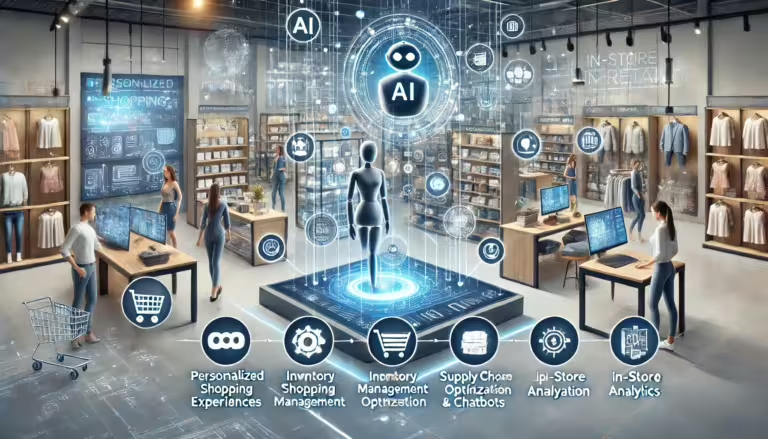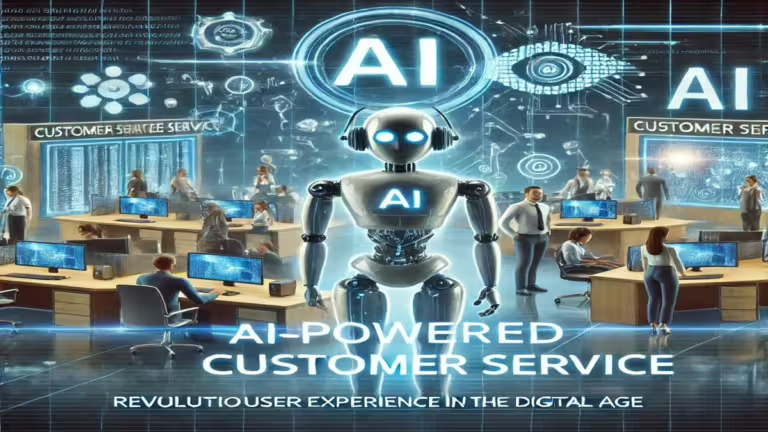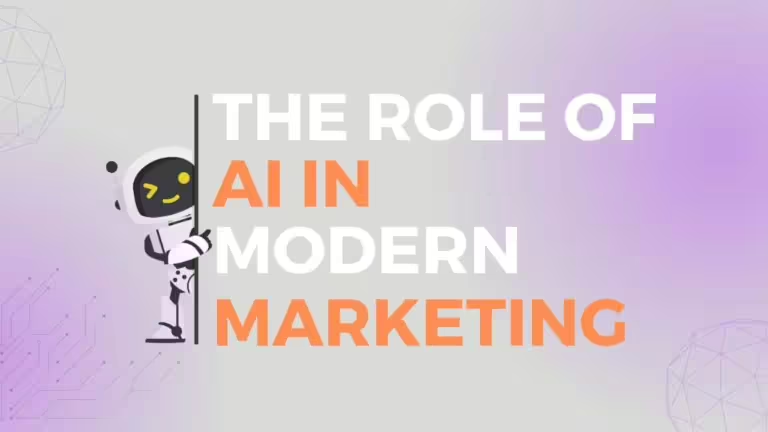The healthcare industry is on the brink of a technological revolution, with Artificial Intelligence (AI) emerging as a transformative force that promises to reshape patient care, medical research, and healthcare administration. As we stand at the intersection of cutting-edge technology and medical science, AI is poised to address some of the most pressing challenges in healthcare, from improving diagnostic accuracy to streamlining clinical processes.
This blog post delves into the multifaceted role of AI in healthcare, exploring its applications, the technologies driving innovation, and the companies leading the charge. We’ll also examine the challenges and ethical considerations that come with integrating AI into healthcare systems, and peer into the future of this rapidly evolving field.
Understanding AI in Healthcare
Artificial Intelligence in healthcare refers to the use of complex algorithms and software to emulate human cognition in the analysis, interpretation, and comprehension of complicated medical and healthcare data. Unlike traditional technologies, AI can learn from its interactions and improve its capabilities over time, making it an invaluable tool in an industry where knowledge is constantly expanding.
AI in healthcare is not a single technology but a collection of various techniques and approaches, including machine learning, natural language processing, robotics, and computer vision. These technologies work in concert to process vast amounts of data, recognize patterns, and make predictions or recommendations that can support medical professionals in their decision-making processes.
Key Applications of AI in Healthcare
1. Diagnosis and Treatment
One of the most promising applications of AI in healthcare is in the realm of diagnosis and treatment planning. AI algorithms can analyze medical images, such as X-rays, MRIs, and CT scans, with a level of precision that rivals or even surpasses human experts. For instance, AI-powered systems have shown remarkable accuracy in detecting cancerous lesions in radiology images, potentially leading to earlier diagnoses and improved patient outcomes.
Moreover, AI can assist in creating personalized treatment plans by analyzing a patient’s genetic information, medical history, and lifestyle factors. This approach, known as precision medicine, allows for tailored interventions that are more likely to be effective for individual patients.
2. Drug Discovery and Development
The pharmaceutical industry is leveraging AI to revolutionize the drug discovery and development process. Traditionally, bringing a new drug to market can take over a decade and cost billions of dollars. AI is helping to streamline this process by:
- Analyzing vast databases of molecular structures to identify potential drug candidates
- Predicting the efficacy and possible side effects of new compounds
- Optimizing clinical trial designs and patient selection
By accelerating drug discovery and development, AI has the potential to bring life-saving treatments to patients more quickly and cost-effectively.
3. Patient Engagement and Care Management
AI is playing an increasingly important role in enhancing patient engagement and managing chronic conditions. Virtual health assistants and chatbots powered by natural language processing can provide 24/7 support to patients, answering questions, reminding them to take medications, and even monitoring symptoms.
For chronic disease management, AI algorithms can analyze data from wearable devices and patient-reported outcomes to predict potential health issues before they become severe. This proactive approach can lead to timely interventions and better long-term health outcomes.
4. Administrative Efficiency
Healthcare organizations are turning to AI to tackle administrative burdens and improve operational efficiency. Robotic Process Automation (RPA) is being employed to automate repetitive tasks such as scheduling appointments, processing insurance claims, and managing medical records. This reduces costs and also frees up healthcare professionals to focus more on patient care.
AI-powered predictive analytics are also helping healthcare providers optimize resource allocation, predict patient admission rates, and manage supply chains more effectively.
5. Robotic Surgery
AI is enhancing surgical procedures through robotic systems that provide surgeons with superhuman precision and control. These AI-assisted robotic systems can help perform minimally invasive procedures, reducing patient recovery times and the risk of complications. As AI continues to advance, we may see more autonomous surgical robots that can perform routine procedures under human supervision.
AI Technologies Driving Healthcare Innovation
1. Machine Learning and Deep Learning
Machine learning, particularly deep learning, is at the heart of many AI applications in healthcare. These techniques allow systems to learn from large datasets and improve their performance over time without being explicitly programmed. In healthcare, machine learning is used for tasks such as:
- Analyzing medical images to detect abnormalities
- Predicting patient outcomes based on historical data
- Identifying patterns in genomic data to comprehend disease mechanisms
2. Natural Language Processing
Natural Language Processing enables computers to understand and generate human language. In healthcare, NLP is used to:
- Extract relevant information from unstructured clinical notes
- Power conversational AI for patient engagement
- Analyze medical literature to stay up-to-date with the latest research
3. Computer Vision
Computer vision, often powered by deep learning algorithms, is crucial for analyzing medical images and video. This technology is being used to:
- Detect and classify tumors in radiology images
- Examine retinal scans for signs of diabetic retinopathy
- Assist in real-time during surgical procedures
4. Robotic Process Automation
RPA is streamlining administrative tasks in healthcare by automating rule-based processes. This technology is helping to:
- Process insurance claims more efficiently
- Manage patient records and data entry
- Schedule appointments and follow-ups
Companies at the Forefront of AI in Healthcare
Several companies are leading the charge in developing and implementing AI solutions for healthcare. Here are five notable examples:
- IBM Watson Health: IBM’s Watson platform offers a range of AI-powered solutions for healthcare, including oncology and genomics research, drug discovery, and clinical trial matching.
- Google Health: Google is applying its AI expertise to healthcare through various initiatives, including developing algorithms for medical image analysis and predicting patient outcomes.
- Medtronic: This medical device company is incorporating AI into its products, such as its Sugar.IQ diabetes management app, which uses IBM Watson’s cognitive computing capabilities.
- Atomwise: A startup focused on using AI for drug discovery, Atomwise’s technology has the potential to significantly accelerate the identification of new drug candidates.
- Babylon Health: This digital health company uses AI to provide virtual consultations and health assessments, aiming to make healthcare more accessible and efficient.
- Challenges and Ethical Considerations
While the potential of AI in healthcare is immense, there are several challenges and ethical considerations that need to be addressed:
- Data Privacy and Security: AI systems require vast amounts of sensitive health data, raising concerns about patient privacy and data security.
- Algorithmic Bias: AI systems can perpetuate or even exacerbate existing biases in healthcare if not carefully designed and monitored.
- Transparency and Explainability: The “black box” nature of some AI algorithms makes it difficult to understand how decisions are made, which is crucial in healthcare settings.
- Regulatory Approval: Ensuring AI systems meet rigorous safety and efficacy standards while keeping pace with rapid technological advancements is a significant challenge.
- Integration with Existing Systems: Implementing AI solutions into existing healthcare IT infrastructure and workflows can be complex and costly.
- Ethical Decision-Making: As AI systems become more autonomous, questions arise about the ethical implications of machines making critical healthcare decisions.
The Future of AI in Healthcare
The future of AI in healthcare is both exciting and challenging. As technology advances, we can expect to see:
- More sophisticated and accurate diagnostic tools
- Highly personalized treatment plans based on genetic and lifestyle factors
- Advanced predictive models for disease outbreaks and public health management
- Increased automation of routine tasks, allowing healthcare professionals to focus on complex cases and patient interactions
- Greater integration of AI across the entire healthcare ecosystem, from research to patient care
However, realizing this future will require ongoing collaboration between technologists, healthcare professionals, policymakers, and ethicists to ensure that AI is developed and deployed responsibly.
Also Read: AI In Education: Enhancing Learning And Teaching Methods
Conclusion
Artificial Intelligence is poised to revolutionize healthcare, offering the potential to improve patient outcomes, increase efficiency, and drive medical innovation. From enhancing diagnostic accuracy to accelerating drug discovery, AI is already making significant contributions to the field.
As we look to the future, it’s clear that AI will play an increasingly central role in healthcare. However, it’s important to remember that AI is a tool to augment and support human expertise, not replace it. The most successful applications of AI in healthcare will be those that effectively combine the analytical power of machines with the empathy, creativity, and ethical judgment of human healthcare professionals.
By addressing the challenges and ethical considerations head-on, we can harness the full potential of AI to create a healthcare system that is more precise, efficient, and accessible for all. As this technology continues to evolve, it will be fascinating to see how it transforms the landscape of healthcare in the years to come.
